Sheikh Hasina: The Visionary Leader
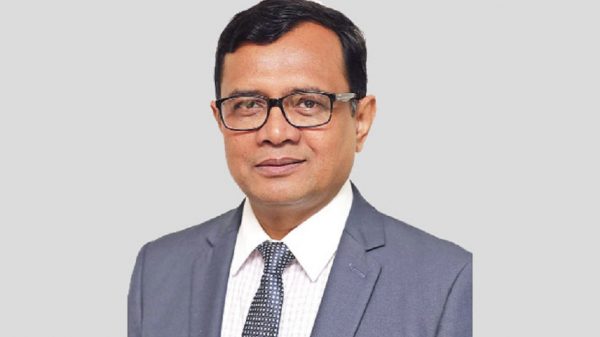
Bangladesh is moving forward at an irresistible speed under the dynamic and courageous leadership of Prime Minister Sheikh Hasina. The country is now a development surprise to the world as it has made tremendous achievements on all fronts.
Sheikh Hasina completed 13 consecutive years in office today as she took oath as the head of government on January 6, 2009 with promises in her heart to take Bangladesh to new heights.
Since assumption of office, she has been working relentlessly to build a non-communal, hunger and poverty-free Sonar Bangla as dreamt by Father of the Nation Bangabandhu Sheikh Mujibur Rahman.
Sheikh Hasina is a dreamer, a philosopher and a visionary leader. She proved her worth as a true leader when she placed the ‘Vision 2021’ in her party Awami League’s election manifesto in 2008.
When she announced the concept of ‘Digital Bangladesh’, many took it negatively. Even they criticised her for this noble initiative. But ‘Digital Bangladesh’ is now a reality.
To turn a dream into a reality, one needs courage, determination and dedication. Sheikh Hasina has all these qualities as a great statesman. She is working to materialise her dreams for the betterment of the country and its people.
Poverty reduction, attaining self-sufficiency in food, 100 percent electrification across the country and launching Bangabandhu Satellite are major successes of Sheikh Hasina-led Awami League government.
The poverty rate was 83 percent when the United Nations (UN) included Bangladesh in the LDC group in 1975. It has now declined to 20 percent, which is a notable achievement of the Awami League government.
Bangladesh has got recognition from the United Nations as a developing nation from the least-developed country (LDC) status. Country’s position has been upgraded thanks to Sheikh Hasina’s visionary leadership.
The United Nations General Assembly (UNGA) in November last year approved a resolution on Bangladesh’s graduation to the developing country status from the LDC category.
Bangladesh now ranks 41st in the world economy as its economy has grown four times in the last 13 years.
The country has made huge achievements in the power sector over the last 13 years. Hundred percent of the country’s population has been brought under electricity coverage which was 47 percent in 2009. The power generation capacity has crossed 25,000 megawatt which was below 5,000 megawatt in 2009.
Construction of the dream Padma Bridge, Metro Rail and Bangabandhu Tunnel reflects the major success of the Awami League-led government, particularly the bold leadership of Sheikh Hasina.
The Awami League government has built houses for nearly one million homeless people across the country. This is the shining example of the pro-people stance of this government.
Work on many other mega projects, including the third terminal at Hazrat Shahjalal International Airport, Dhaka Elevated Expressway and Rooppur Nuclear Power Plant, is progressing fast.
The settlement of the long-standing enclave issue with India and demarcation of maritime boundaries with India and Myanmar added a unique milestone to the triumph of success of Sheikh Hasina.
India and Bangladesh have swapped 162 enclaves on July 31, 2015 – 111 Indian enclaves have become part of Bangladesh while 51 Bangladesh enclaves inside India are part of the neighbouring country. The unsettled issue was resolved after 41 years of Land Boundary Agreement (LBA) between India and Bangladesh. The historic agreement was signed by Father of the Nation Bangabandhu Sheikh Mujibur Rahman and the then Indian Prime Minister Indira Gandhi in 1974.
In many socio-economic indicators, Bangladesh is far ahead of both Pakistan and India. The notable progress in various sectors has been achieved under the leadership of Prime Minister Sheikh Hasina.
Per capita income multiplied 27 times (from $94 to $2,554) in 50 years of the country’s independence. Life expectancy in Bangladesh is now 72.6 years while it is 69.66 years in India and 67.27 years in Pakistan.
Sheikh Hasina has shown her boldness in execution of Bangabandhu’s killers and trial of war criminals braving all internal and international pressure as well as threat.
The nation has rid of the stigma through the trial of war criminals who committed crimes against humanity during the country’s Liberation War in 1971.
The Awami League government also achieved a laudable success in the war on militancy. Militant activities grew in the country during the Khaleda Zia-led four-party government from 2001 to 2006.
Militant activities in the country are now under control due to the government’s ‘zero-tolerance’ policy on terrorism and militancy and repeated drives against the fanatics.
Sheikh Hasina has created a history by taking punitive actions against many controversial leaders of her party. Recently a state minister has been dropped from the cabinet for his derogatory remarks on women. A city mayor and two municipal mayors have been suspended and removed from the party positions for various offences. Such action against own party leaders is a rare example in the country’s political arena.
Despite massive success in different sectors, the government has to do more for ensuring good governance and proper democratic practice in the country.
The writer is News Editor of the Daily Sun



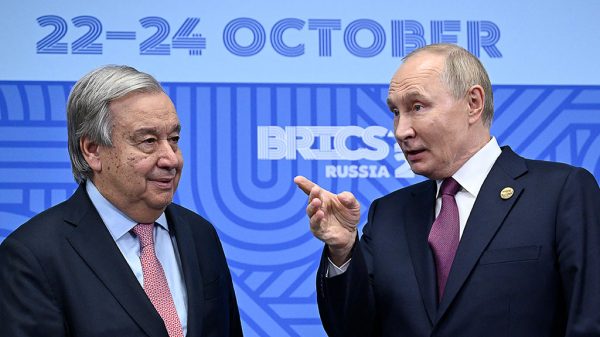
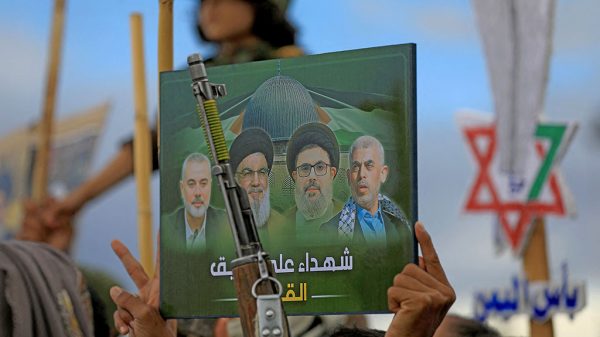
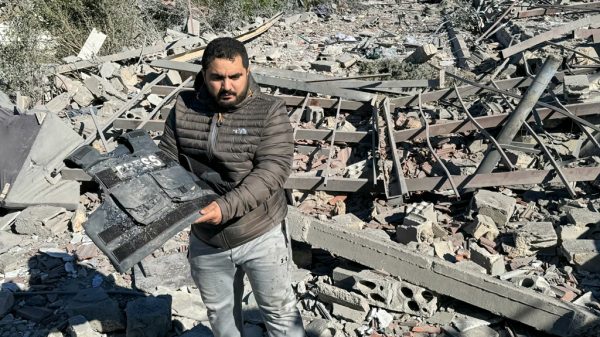
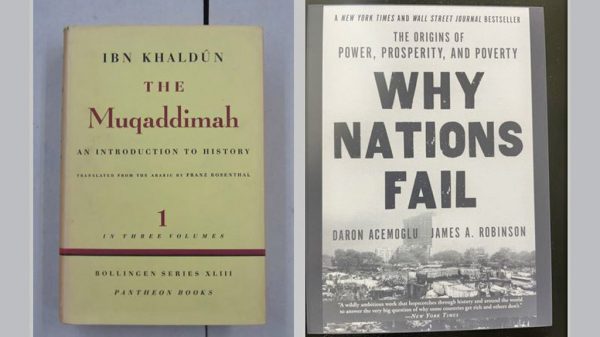
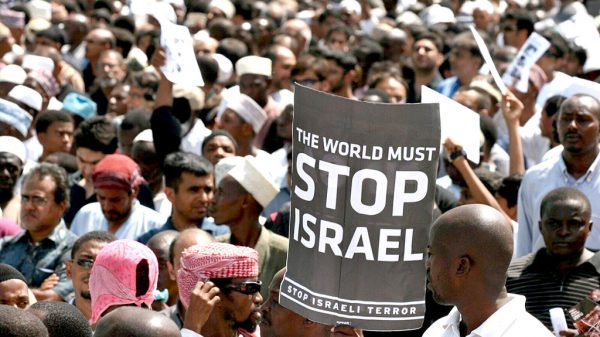


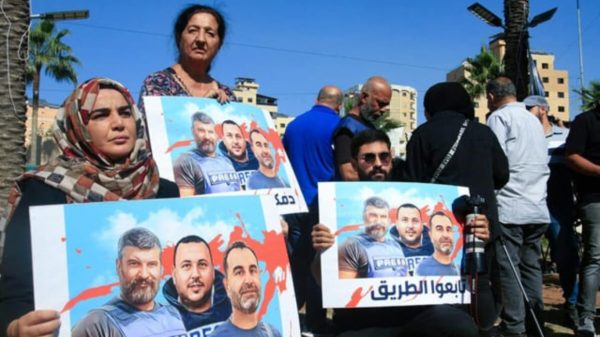
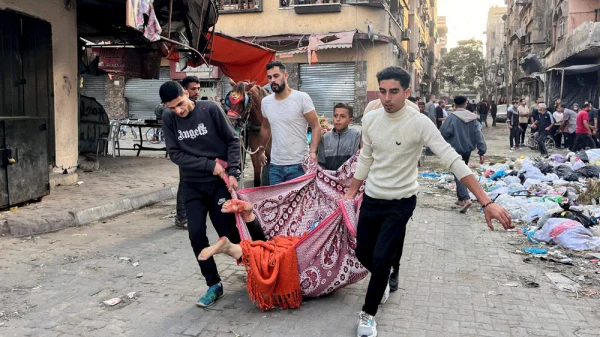

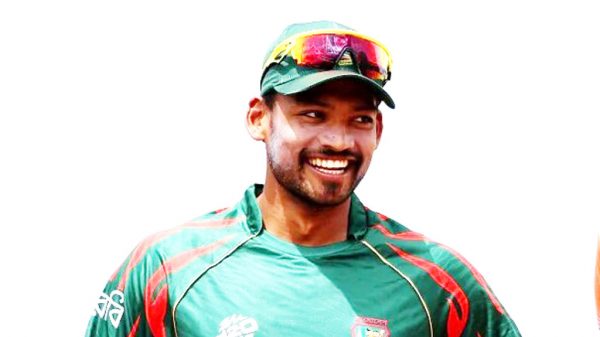
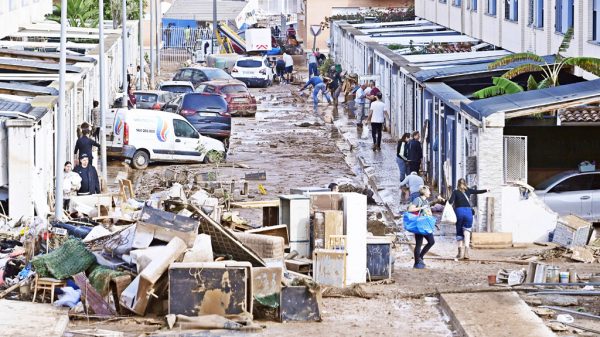
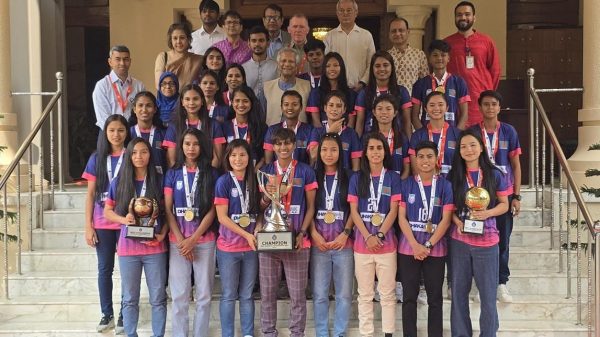
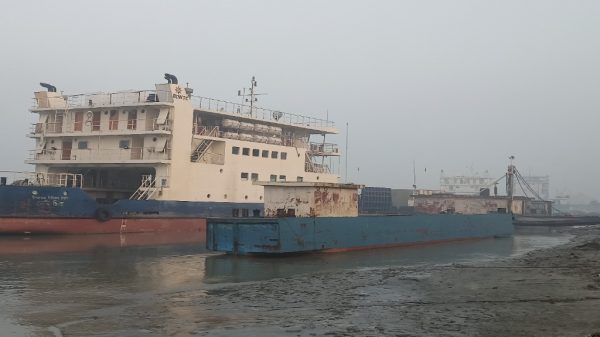
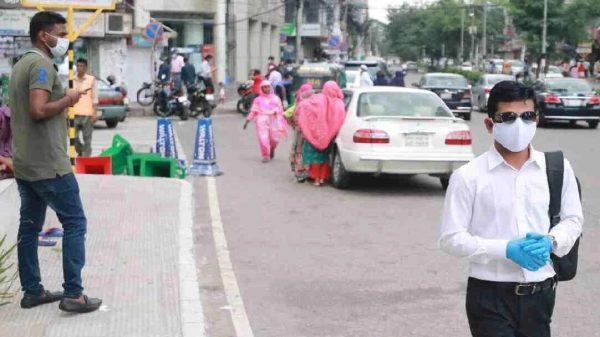











Leave a Reply